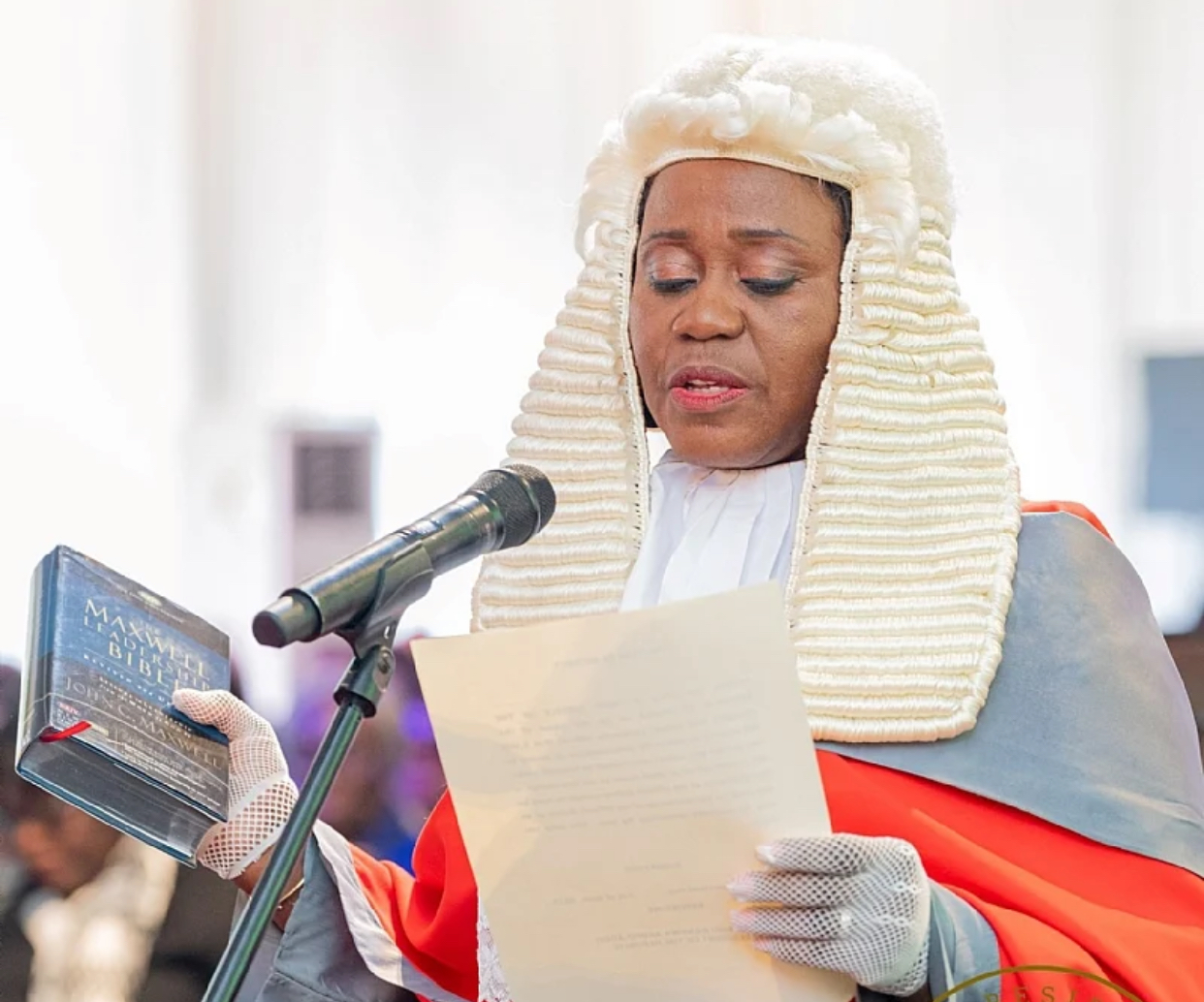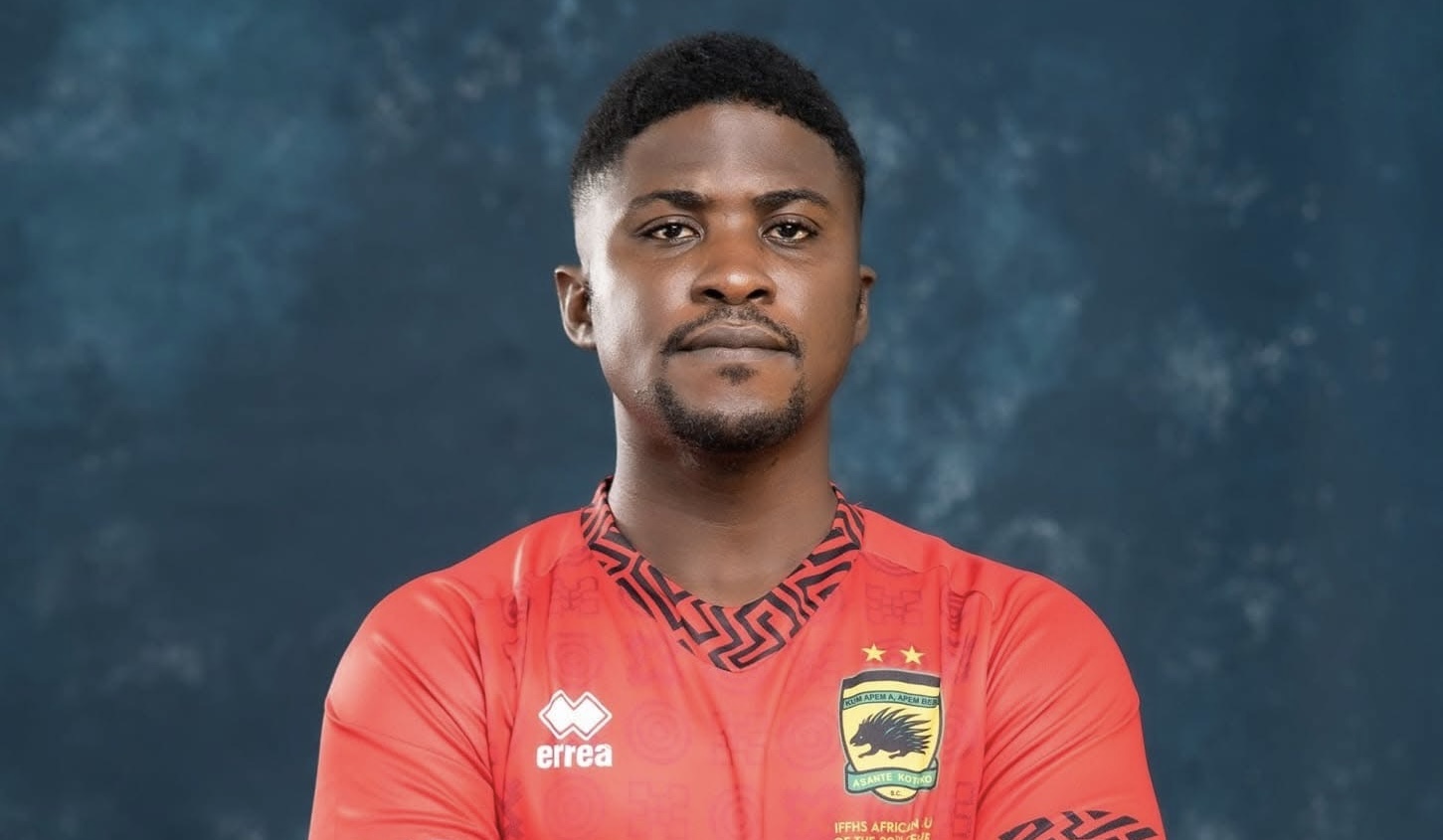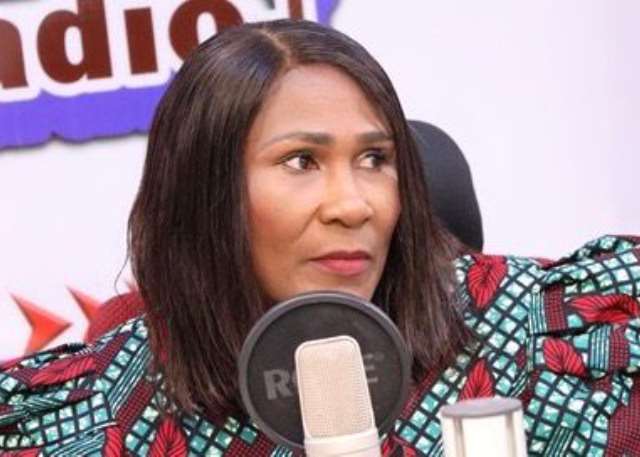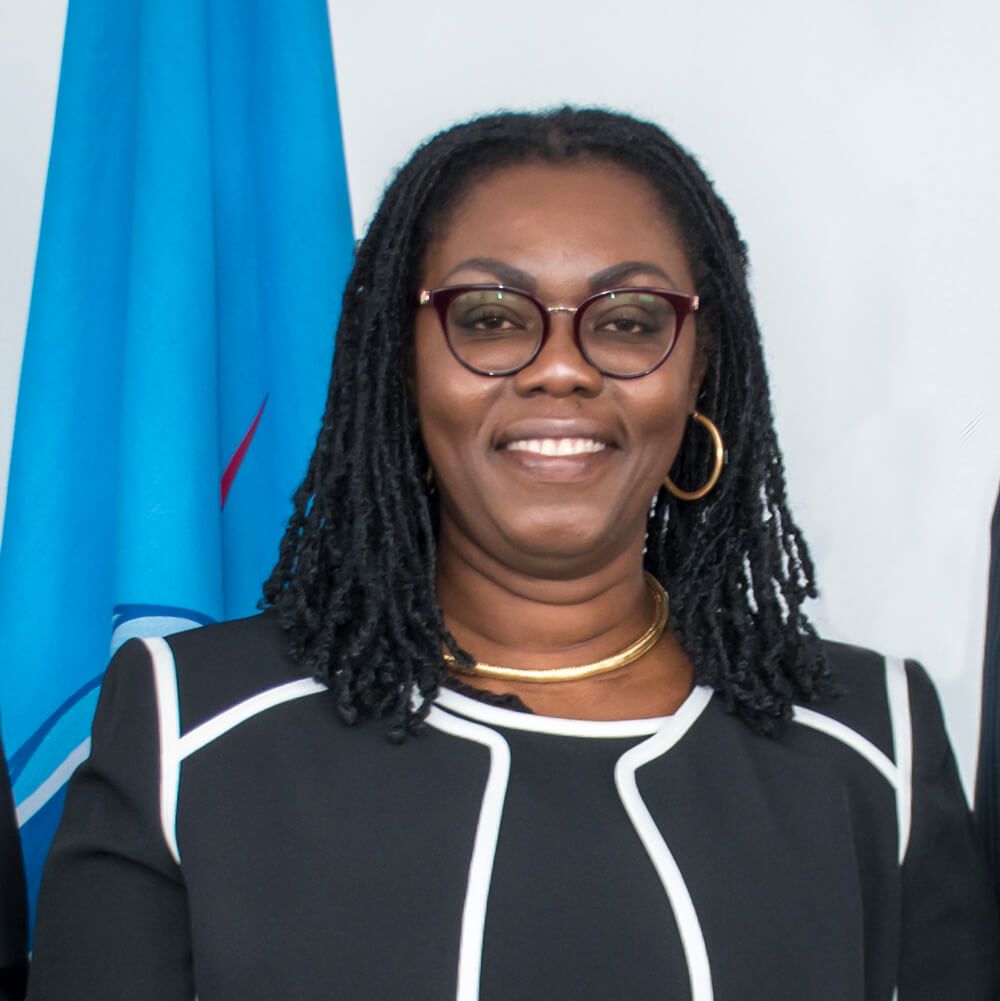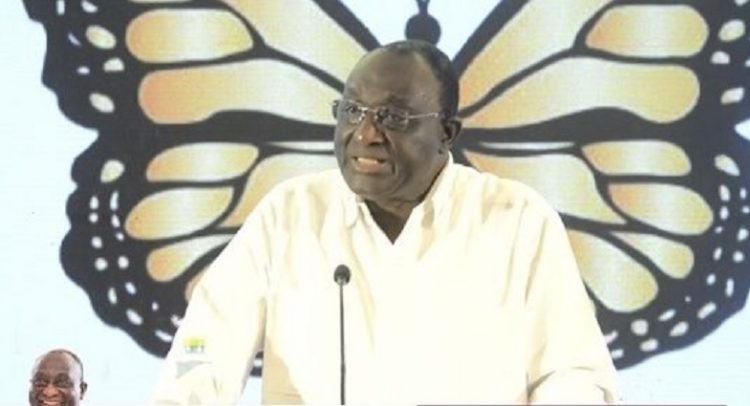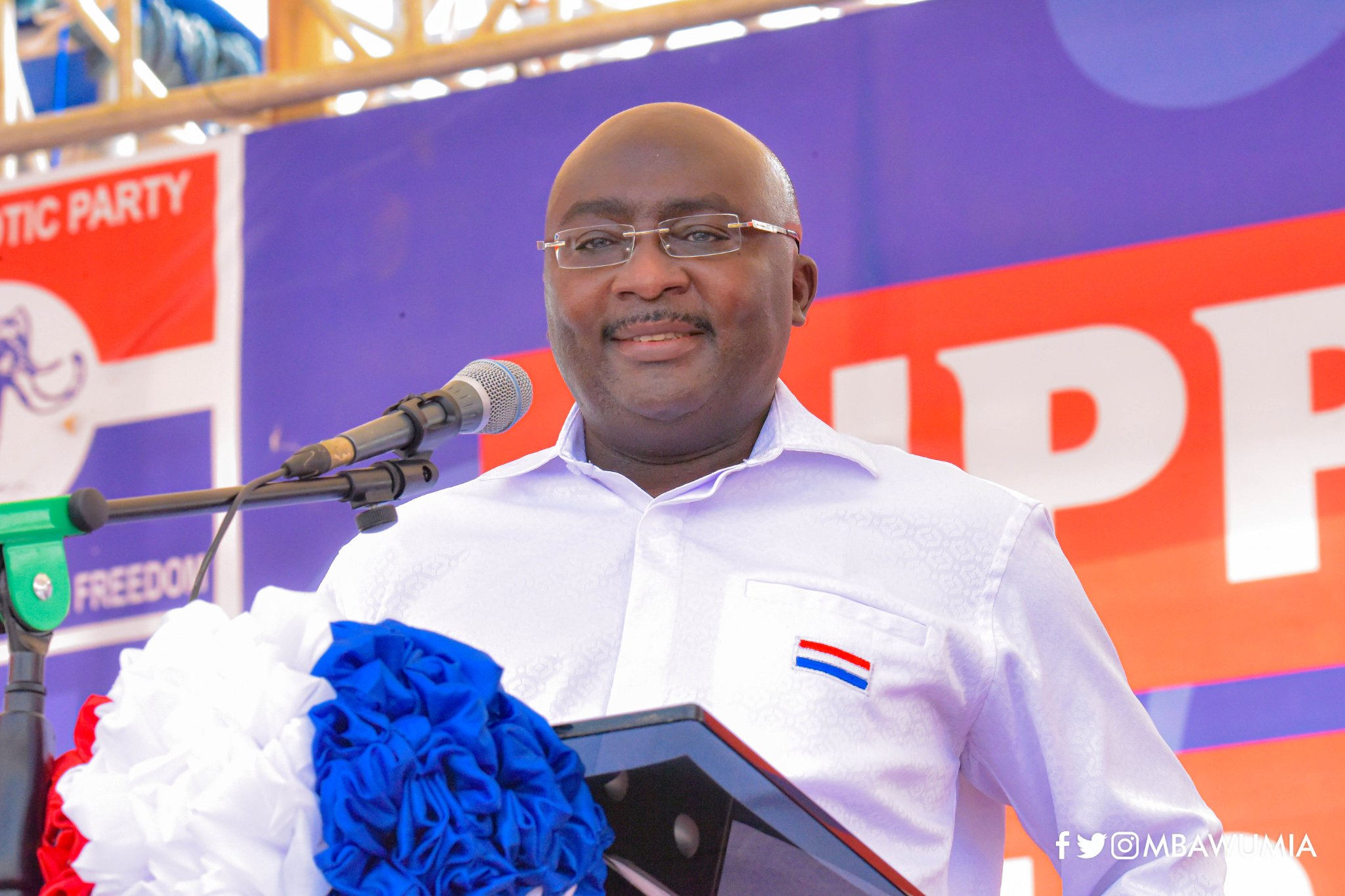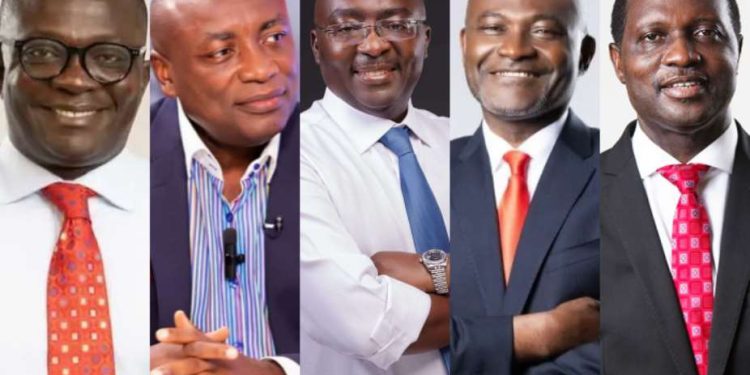Gertrude Torkornoo (L), the suspended Chief Justice of Ghana, has taken her battle to the Community Court of Justice of the Economic Community of West African States (ECOWAS), suing the government of Ghana over her suspension and the ongoing proceedings on three separate petitions seeking her removal from office.
This legal move, filed on July 4, 2025, comes after Ghana’s Supreme Court unanimously dismissed a similar suit she had brought before the nation’s highest judicial body.Now at the ECOWAS Court, Justice Torkornoo is again seeking reliefs that include the reversal of her suspension and an injunction on the ongoing hearings regarding the petitions for her removal.
But the critical question remains: will the ECOWAS Court grant the reliefs that Ghana’s Supreme Court already rejected?And more importantly, does the ECOWAS Court possess the authority to override or influence decisions made by a sovereign country’s apex court?
The Role and Reach of the ECOWAS Court
The ECOWAS Court, a judicial arm of the 15-member Economic Community of West African States, serves as a supranational court mandated to adjudicate legal disputes involving member states, institutions of the community, and their citizens.Its core functions include
• Interpreting and ruling on the legality and application of ECOWAS legal instruments;
• Resolving disputes between ECOWAS and its employees;• Determining liability involving the community;
• And, most notably, adjudicating human rights violations alleged against member states.The court’s website outlines its “Contentious Jurisdiction” as follows:
• Hearing cases where a member state is alleged to have failed in its obligations under community law;
• Interpreting ECOWAS acts and resolving related disputes;
• Settling internal institutional disputes within ECOWAS;
• Handling cases of liability for or against the community;
• Ruling on human rights violations committed by member states;
• Making declarations on the legality of community legal instruments.
What the Suspended Chief Justice Wants
Justice Torkornoo’s legal team has filed two separate applications before the ECOWAS Court, both hinging on the court’s jurisdiction over human rights violations within member states.In her filings, she claims that the establishment of a prima facie case against her, her suspension by President John Dramani Mahama, and the proceedings of the five-member committee set up by the President—chaired by Supreme Court Justice Gabriel Scott Pwamang—all amount to a breach of her fundamental human rights.
She is asking the court to declare the entire process—her suspension, the committee’s formation, and its subsequent actions—a violation of her rights under regional and international law.
ECOWAS Court vs. Ghana: A Precedent Exists
Justice Torkornoo’s decision to go international isn’t without precedent. The ECOWAS Court has, in the past, ruled against the government of Ghana in significant cases.In May 2025, the court delivered a landmark judgment in favour of 30 members of the Homeland Study Group Foundation (HSGF), who had been detained for long periods without trial following their 2019 arrest under Ghana’s Prohibited Organisations Decree.
The court found this to be a gross violation of their human rights and ordered the government of Ghana to pay $75,000 in damages—$2,500 each in cedi equivalent—to the affected individuals.However, the court has also sided with Ghana in key matters. One notable example is the July 2023 ruling in the Agyapa Royalties case.
A suit filed by Transparency International, the Ghana Integrity Initiative, and the Ghana Anti-Corruption Coalition sought to halt the sale of Ghana’s gold royalties through the controversial Agyapa deal.
The plaintiffs claimed the deal infringed on the rights of Ghanaians and lacked transparency. But the ECOWAS Court dismissed all their reliefs, including claims of human rights violations.
Will This Court Be Torkornoo’s Lifeline?
The ECOWAS Court has demonstrated that it is both willing and able to challenge the actions of member states when they violate human rights. Yet it has also shown restraint when the evidence or legal basis doesn’t meet its threshold.So, could this international court provide the legal reprieve that Justice Gertrude Torkornoo has been denied at home? Or will it, like the Supreme Court of Ghana, find her claims unsubstantiated?As the case proceeds, all eyes will be on Abuja, where the ECOWAS Court sits—perhaps now the last hope for a suspended Chief Justice fighting to keep her place in history.



